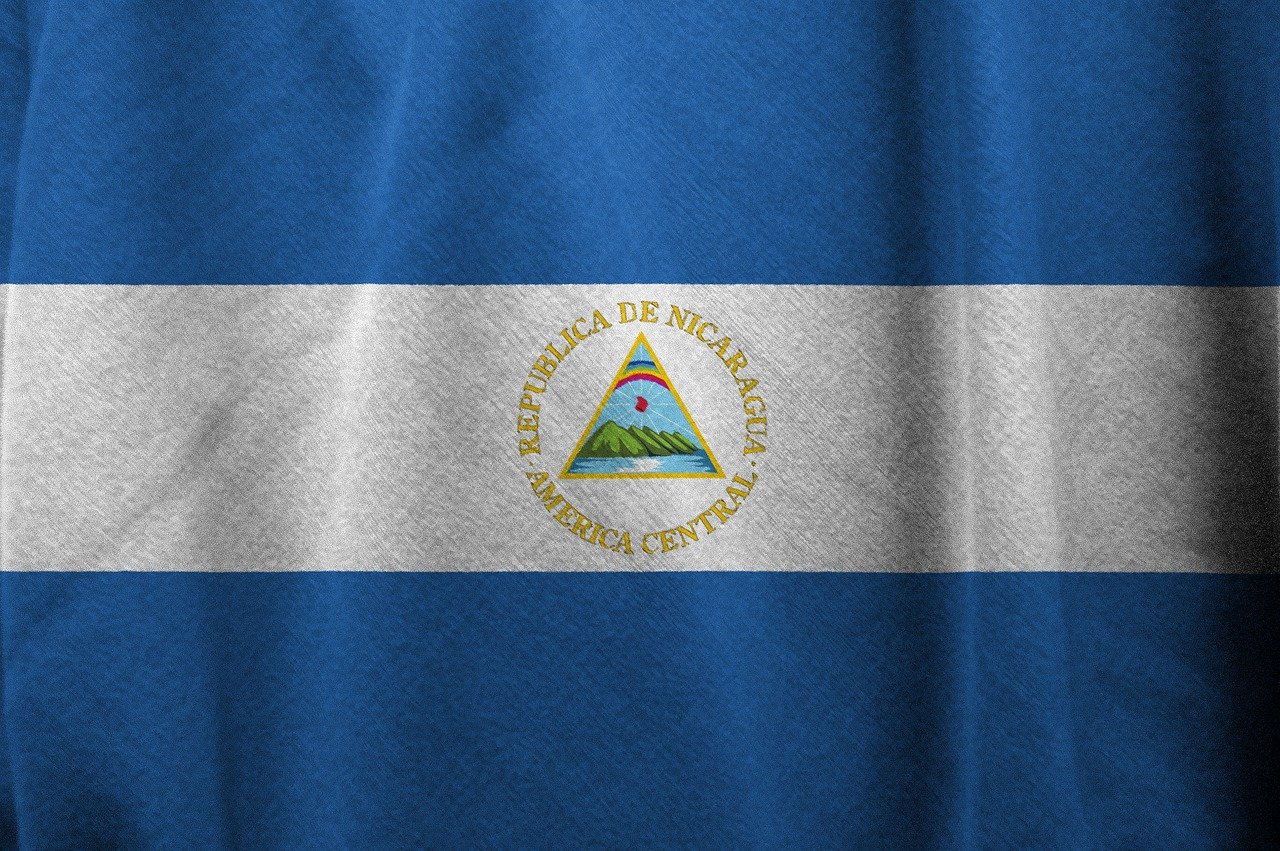3 February 2025

Flag of Nicaragua (photo credit: TheDigitalArtist via pixabay)
Nicaragua’s newly revised Constitution represents a dangerous lurch toward authoritarian governance, centralizing power in the hands of President Daniel Ortega and Vice President Rosario Murillo. Far from protecting citizens, such extensive law changes tear down the system of checks and balances plus weaken fundamental human rights.
The Nicaraguan National Assembly has now rubber-stamped major constitutional reforms, elevating the executive branch to an untouchable pinnacle of authority. Ortega and Murillo—husband and wife—have effectively been granted six-year terms as “co-presidents,” with Murillo automatically succeeding Ortega should he be unable to serve. By unanimously, the legislature extended the presidency’s duration, introduced paramilitary entities, and broadened surveillance powers over the media. Worse still, an entire suite of articles once aimed at curbing state abuses—particularly the prohibition against torture—has been cut from the newly amended text.
Such broad legislative support comes not from public agreement but from political threats: Daniel Ortega plus Rosario Murillo have spent years breaking down independent organizations as well as jailing opposition leaders. They also treat any criticism as an act against the nation. The land that once felt proud about its battle for fairness now faces a bitter turn from its values. By reframing the state as “revolutionary” and vesting all “organs” of government under presidential control, the new Constitution codifies a top-down model in which no branch can check, moderate, or even question executive actions. The idea of a president with too much power who claims to follow public wishes makes no sense.
Read the full article here:
Latin American Post
